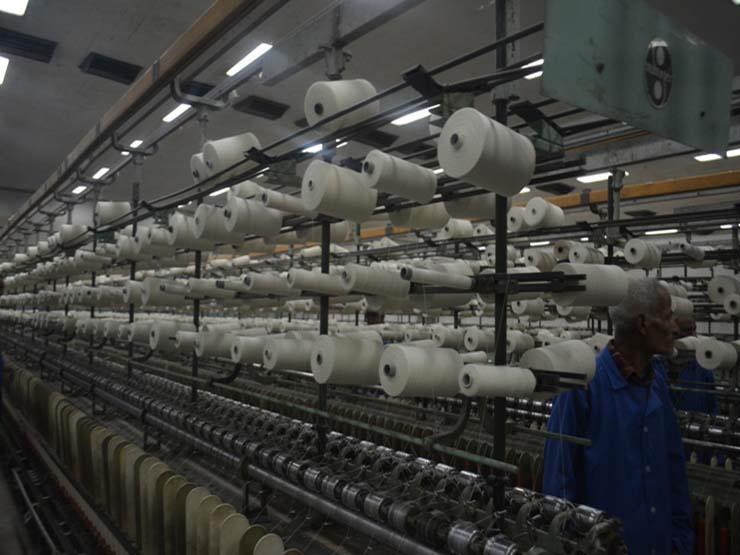Landline monopoly Telecom Egypt posted a 10 percent drop in first-quarter net income on Wednesday after anti-government protests hit the economy and led the authorities to suspend some telecom services.
But the company said the worst effects of the political turmoil that unseated veteran President Hosni Mubarak were behind it, helping its shares rise 1.4 percent in a flat market.
It made net income of 892 million Egyptian pounds (US$150 million), down from 992 million pounds in the same period a year earlier, beating the average forecast of 689 million from three analysts.
Earnings before interest, tax, depreciation and amortization slipped to 1.284 billion pounds from 1.364 billion, and revenue fell 4 percent to 2.4 billion pounds, it said in a statement.
EBITDA as a percentage of sales — a closely watched measure of profitability — was 53.5 percent, well above the analysts' consensus estimate of 45.9 percent.
"The EBITDA margin came in high, and we didn't expect this level, but we are not expecting them to sustain it for the rest of the year as their latest 15 percent annual salary increase will probably impact results starting in Q2," said Marise Ananian, vice president of equity research at EFG-Hermes.
Telecom companies including Vodafone Egypt were forced to cut their lines during the height of the protests that toppled Mubarak on 11 February. Telecom Egypt owns a 45 percent stake in British operator Vodafone's local unit.
An administrative court fined Mubarak and two former officials 540 million Egyptian pounds (US$90.77 million) on Saturday over the service cuts.
"I firmly believe that the biggest impact (of Egypt's political turmoil) is behind us. We look forward to the future with confidence," said Chairman Akil Bashir.
Telecom Egypt said on March 7 that the unrest cost it 17.57 million pounds. Its shares are down 12 percent this year, outperforming a 22 percent drop by the benchmark Egyptian EGX30 index .EGX30.
The company said the number of fixed-line subscribers was flat year-on-year at 9.3 million and it expanded its share of the ADSL market to 63 percent from 61 percent, helping increase internet and data revenues by 33 percent.
"I believe they will use the cash they have to increase their dividend and that they will not go for acquisitions for the moment," said Ananian at EFG, which rates the stock a "buy".



